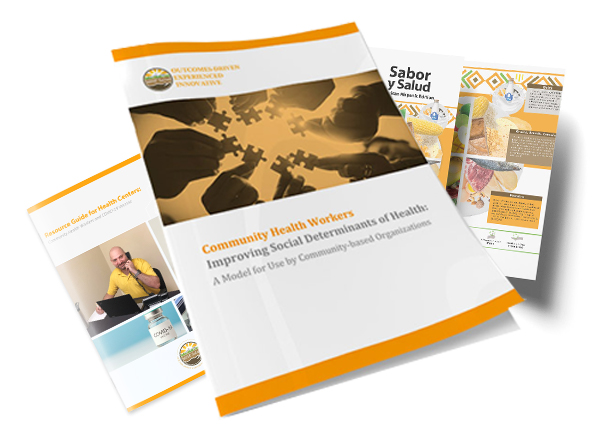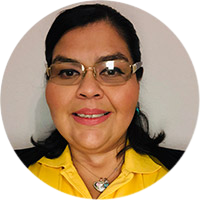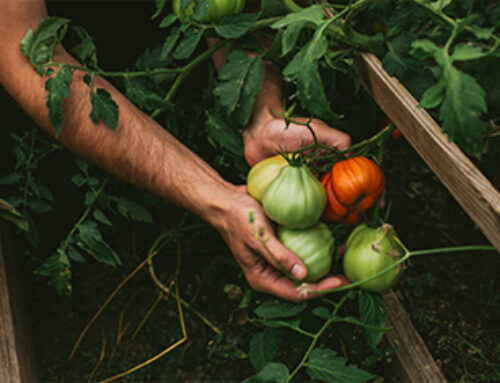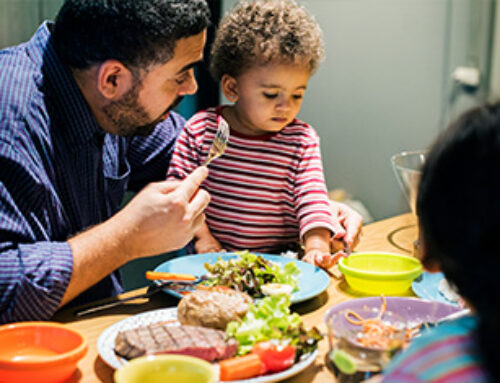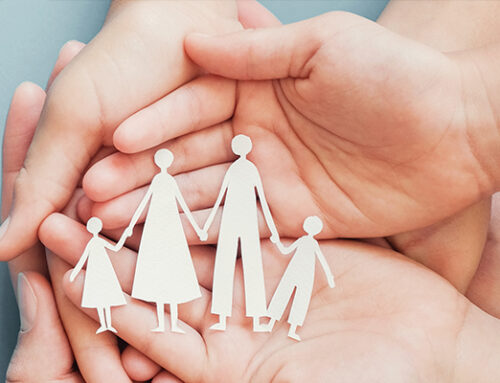Community Health Workers Assist the Migrant Seasonal Agricultural Worker (MSAW) Communities with Overcoming Barriers to Diabetes Management
Published December 2022
- Although their work requires tremendous physical labor and extended shifts, MSAWs are at a higher risk of developing chronic health conditions.
- Social Determinants of Health (SDOH) affect the MSAW community’s ability to manage diabetes.
- Community Health Workers (CHWs) can help address the SDOH to promote diabetes management amongst the MSAW community.
Who are MSAWs?
The MSAW are individuals who labor in agriculture. The work can require them to move long distances from their homes according to the season or crop. The guess is that there are a total of 2.4 million agricultural workers hired in the US.
The makeup of the MSAW community in the United States is complex. It is composed of multiple cultures and nationalities. Factors such as the community’s constant movement, limited ability to read/speak English, immigration status, and cultural barriers make it hard to gather information on this community. The few surveys that have been conducted have revealed that these individuals are predominantly of Hispanic/Latino descent, the majority are foreign-born, many do not have an education past the 9th grade, and rank among the poorest communities in the USA.
MSAWs are more likely to develop diabetes
Although their work requires tremendous physical labor and extended shifts, this community is at a higher risk of developing chronic health conditions. More than half of Hispanic or Latino adults are expected to develop type 2 diabetes in their lifetime. In 2018, a study found that Hispanics were 1.3 times more likely than non-Hispanic whites to die from diabetes. Hispanic or Latino people have higher rates of kidney failure caused by diabetes and diabetes-related vision loss and blindness.
How do the Social Determinants of Health (SDOH) affect MSAWs?
Lifestyle and health choices play a role in the MSAW community’s risks, but the SDOH play a more prominent role in health outcomes. Social determinants of Health are conditions where people live, learn, work, and play that affect a wide range of health and quality-of-life risks and outcomes. MSAW communities are underserved and lack public infrastructure, investment, and opportunities. SDOH factors account for more than 80 percent of the contributors to health outcomes.
- Transportation– MSAWs work and sometimes live in rural locations, lacking sidewalks and/or public transportation. They might not be able to drive and/or lack the necessary documentation/resources to do so, causing them to miss appointments or not look for help.
- Language Access– A study by the Pew Research Center found that only 7 % of all USA physicians are Hispanic, while 9 % of all health care practitioners and technicians are Hispanic.
- Health Literacy– Low health literacy among the MSAW community limits their access to health information and their ability to self-manage their diabetes.
- Time/Availability- The work schedule of MSAWs can be long and grueling. Regular clinic hours do not work for someone who works until sundown.
- Insurance Status– Insurance premiums and deductibles are at an all-time high. About half of all states allow agricultural employers to provide little or no workers’ compensation coverage for migrant and seasonal farmworkers. Studies conducted have found that the majority (more than 50%) of MSAWs were completely uninsured.
What are CHWs?
Community health workers (CHWs) are frontline public health workers who thoroughly understand the community being served. This unique characteristic gives the CHW an edge when conducting outreach, community education, informal counseling, social support, and advocating for the community. They act as a bridge between the community members and the healthcare system.
How do CHWs help MASWs manage their diabetes?
CHWs share many characteristics similar to the population they serve. They speak the same language and share backgrounds, values/beliefs, stressors, and experiences. This allows CHWs to build a deeper and more trusting relationship with their community. CHWs have been used by health centers and private and non-profit organizations to reach vulnerable and underserved populations.
Beliefs such as familismo and fatalismo play a significant role in the MSAW community’s way of dealing with health issues. Familismo is the belief that family comes first before one’s health. Fatalismo is the belief in fate, that destiny cannot be changed, and life events are beyond one’s control. The individual will reject assistance and continue life dealing with their issues. CHWs understand these beliefs and can sensitively approach the topic. CHWs encourage their community to adopt healthy behaviors and improve their self-management skills.
CHWs treat the “whole person” by addressing unmet social and/or emotional needs. They also aid in overcoming SDOH barriers such as housing, food insecurities, transportation, early childhood development, and neighborhood conditions. CHWs are aware of resources available to the community and can assist individuals with applying for such assistance. When MSAWs are no longer worried about these other basic needs, like having warm enough clothes, or transportation to a health center for treatment, they are more likely to be able to focus on managing their diabetes!
A cultural approach to managing diabetes can help establish a meaningful connection with individuals. Nutrition and health practices can look differently for everyone and acknowledging that can help empower our communities to use their own skills and resources to improve health outcomes.
More about SDOH factors and CHWs
MHP Salud offers free resources for and about CHWs! Check out these publications on the SDOH and the role that community health workers play in addressing SDOH.
HRSA Disclaimer
This publication is supported by the Health Resources and Services Administration (HRSA) of the U.S. Department of Health and Human Services (HHS) as part of an award totaling $678,959.00 with 0 percentage financed with nongovernmental sources. The contents are those of the author(s) and do not necessarily represent the official views of, nor an endorsement, by HRSA, HHS or the U.S. Government. For more information, please visit www.HRSA.gov
Blog Topics
